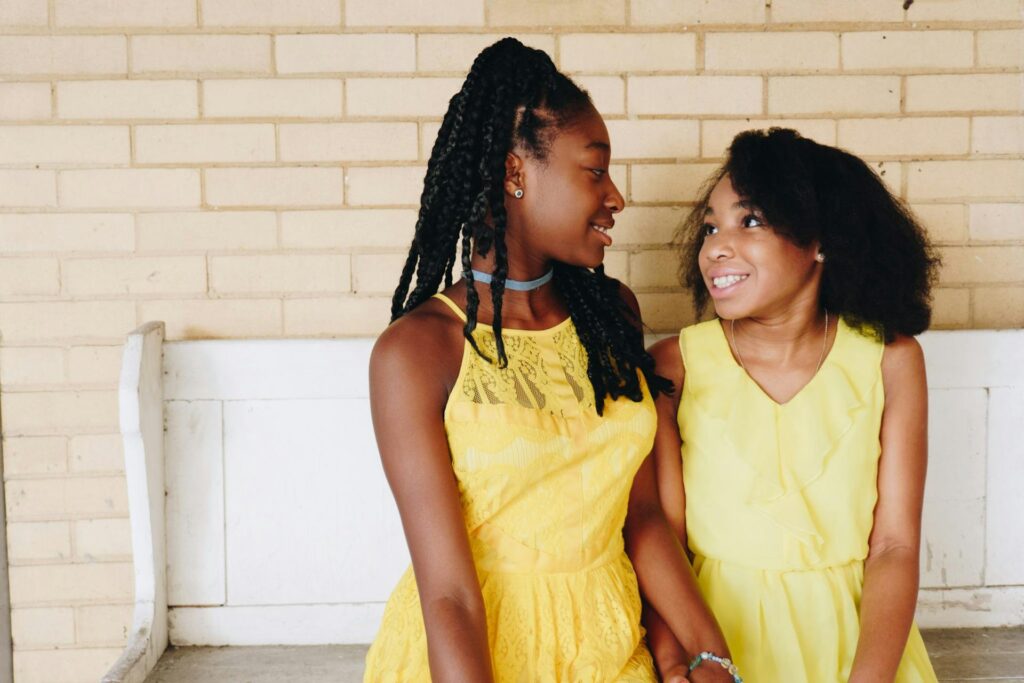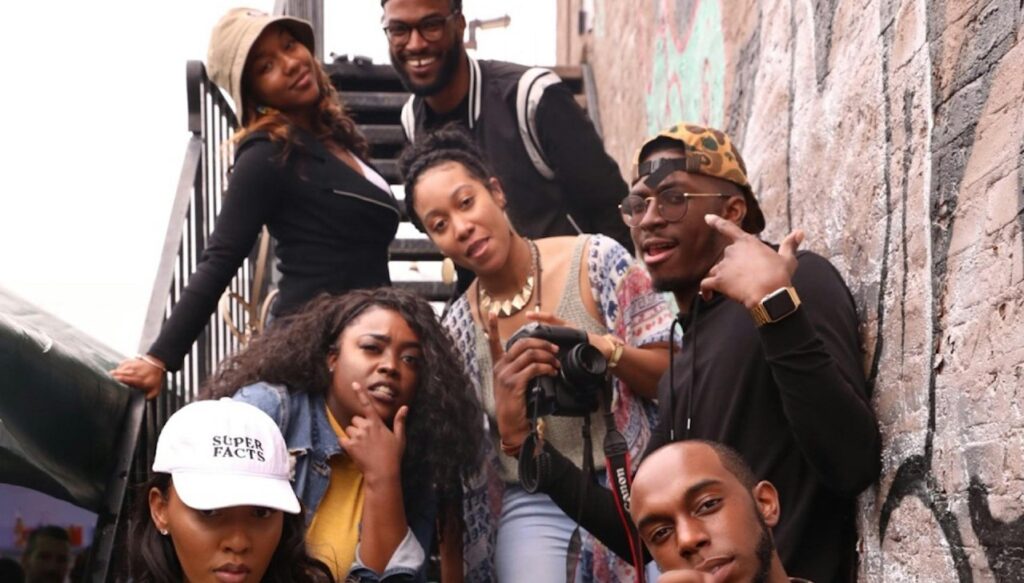“Remember when …?” It’s one of those quotes that a childhood friend will use to start a story about something that happened years (or decades) ago. It may have been a funny, cute, scary or wild story that you two loved to reminisce about. But as an adult, it’s gotten old. You realize the two of you are outgrowing each other, you don’t like vacationing together anymore, it’s draining to see a text message or phone call from this person, and you two can’t even play a simple card game without an argument breaking out. But friendships can be fragile, and who wants to start from scratch? Should you have a friendship breakup or just be happy you have the social circle you can count on?
What Is a Friendship Breakup?
Like any other kind of breakup, this is a one-sided or mutual decision to part ways. Unlike a situationship, both of you actually agreed to be friends so there is a possibility that someone could leave with hurt feelings. (If the two of you were just associates or default “friends” because of location, such as a work friend, it’s not uncommon to just stop talking to each other without explanation.) But if this was the kind of friendship where you two knew each others’ families, befriended each other’s significant others and your friend could show up to your parents’ house without you, this can get complicated. Why? Just because you’re planning this friendship breakup doesn’t mean the rest of your social circle will agree to it.

Why Is a Friendship Breakup So Difficult To Do?
According to the Society for Research in Child Development, adolescents (ages 6 to 13) who did not have a mutual friend were more likely to experience depression and loneliness when there was a follow-up study with them eight years later. However, in a separate Social Development study, having a bunch of friends didn’t matter nearly as much as having quality friendships. Quality, not quantity, was a significant factor in helping children adjust in school. In other words, one good friend could help them adjust in an environment as much as someone with a bunch of friends. In later childhood years, friendships also influenced leadership and sociability skills, such as being a class leader and not being left out of peer activities.

Why Are Friendships So Different for Gen Zers Versus Millennials and Gen Xers?
Life happens, and there are negative impacts on a friendship as people age. In a Snapchat study entitled The Friendship Report 2020, a number of things can hurt a friendship: moving to a new city, going away to college, moving for work or moving to a new neighborhood. Technology has made it far easier for Gen Zers to keep in touch with friends than Geriatric Millennials (people born in the early ’80s) or Gen Xers (people born in the ’70s) before social media was the go-to way to communicate. A landline or sending a letter in the mail is just not the way friendships are cemented nowadays.
Gen Z friends aren’t twirling the cord on a rotary phone while chitchatting or frantically trying to recover answering machine messages. Nowadays, friends are more likely to type at each other than talk to each other, even if they’re sitting in the same restaurant together. Meanwhile, Gen Xer and Geriatric Millennial friends remember the days when there was no bickering about not “liking” a Bluesky post or Facebook post, taking too long to respond to a text, or not creating a birthday celebration Instagram story. Whereas older generations had an opportunity to breathe and give each other space, social media and smartphones have made it so that friends can be in each others’ lives 24/7 like they’re next-door neighbors even if they live in different states.
But then finances can get in the way of a friendship now more than prior generations. In the same Snapchat study, 51% of friendships were negatively affected when one person had financial difficulties or lost a job. That smartphone bill that goes unpaid could mean lack of activity on social media. Thinking of boycotting Twitter or Facebook altogether? Social media friendships will dwindle away, leaving those same people to wonder were they legitimate friends to begin with or just each others’ followers.
How Does a Friendship Breakup Happen?
While ghosting a close friend is the worst way to go about a friendship breakup, it happens. The primarily problem with that, outside of it being a cowardly way to end a friendship, is family and friends may have no idea what happened. At the next family reunion or surprise birthday party, they could very well invite the ghosted friend, leading to an even more awkward experience. With a friendship breakup, immediate family members would need to know to avoid instances like this. It’s up to those family and friends to decide whether they want to keep in touch with both people regardless of the friendship breakup.
Instead of friends ghosting each other, both parties should sit down (in person, not direct messenger on social media or texting) and have an honest conversation. Discuss whether the friendship is worth salvaging or whether you two are just being friends because “it’s always been that way.” If you and your friend honestly cannot find any productive and positive reasons to keep the relationship going, peacefully part ways. No subliminal posts. No shade. No physical or verbal abuse. Just understand that some friendships may need to come to an end.
